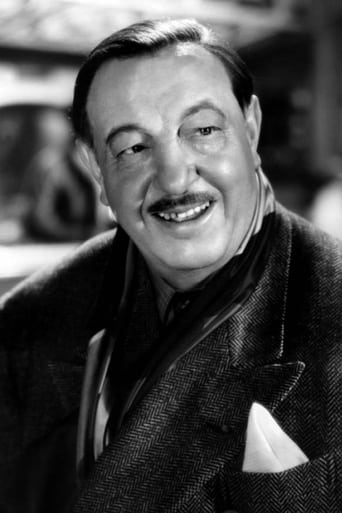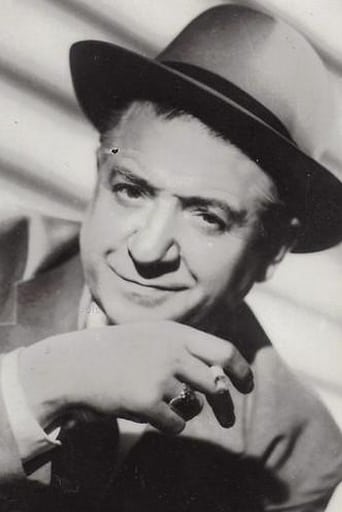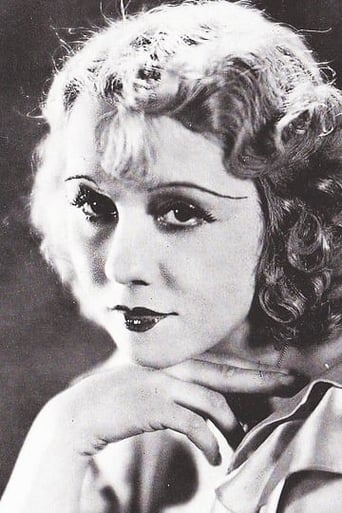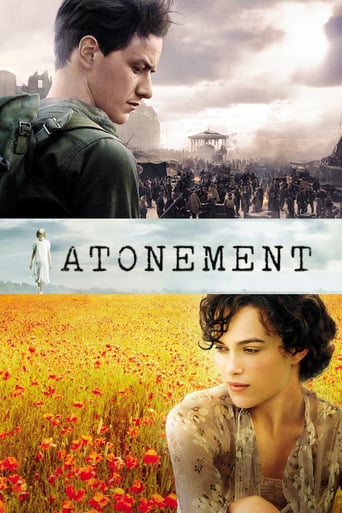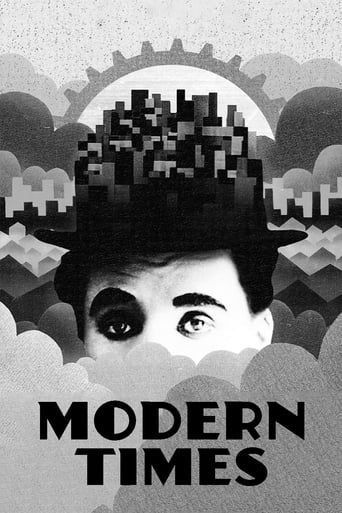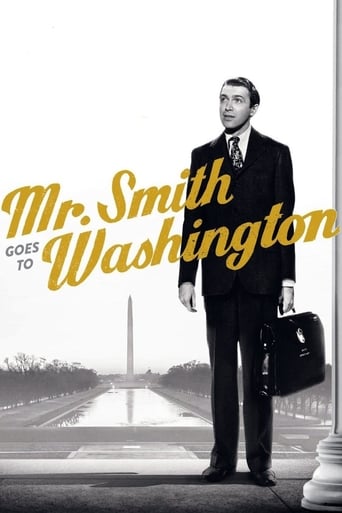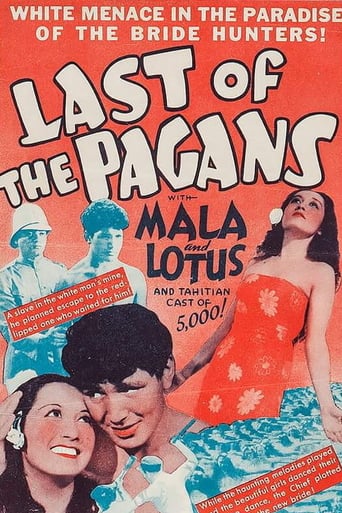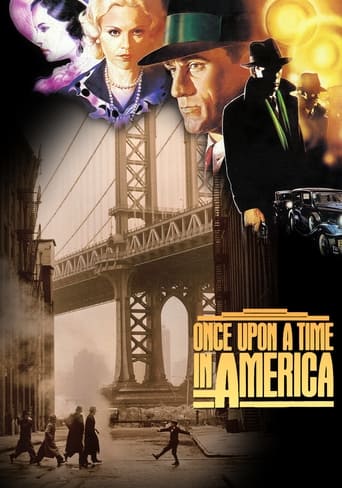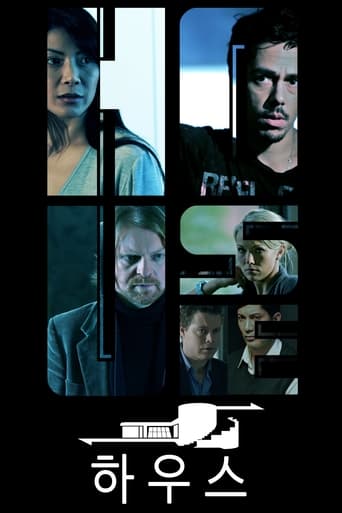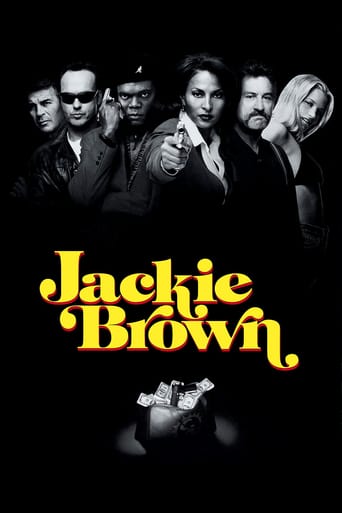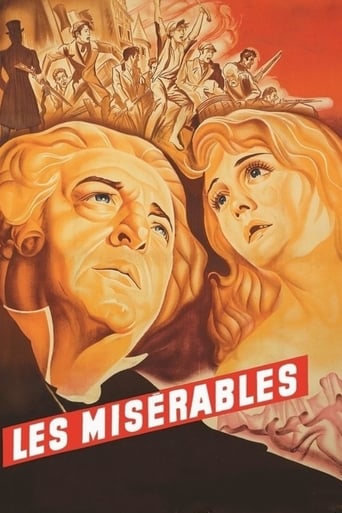
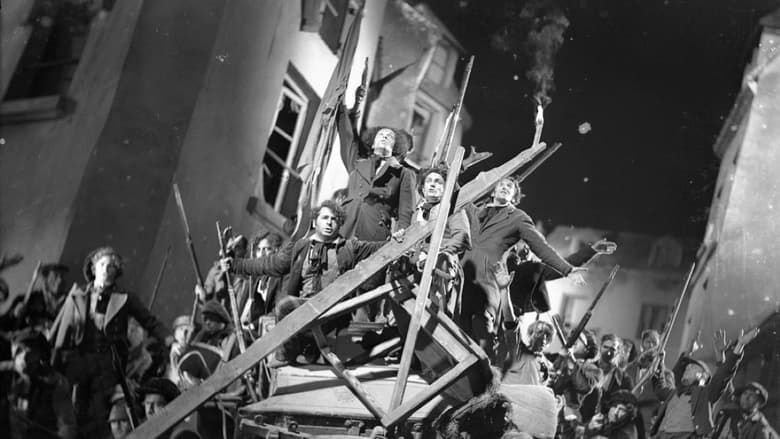
Les Misérables (1934)
In 19th century France, Jean Valjean, a man imprisoned for stealing bread, must flee a relentless policeman named Javert. The pursuit consumes both men's lives, and soon Valjean finds himself in the midst of the student revolutions in France.
Watch Trailer
Cast


Similar titles
Reviews
the audience applauded
Highly Overrated But Still Good
There are better movies of two hours length. I loved the actress'performance.
This story has more twists and turns than a second-rate soap opera.
Length seems to equate to epic in the general sense of the word nowadays. Cameron's "Avatar" went from being an Oscar worthy sci-fi blockbuster to an Oscar worthy sci-fi epic by upping the length. However, in the case of Avatar, the length doesn't do a huge amount for it, other than finding more crevices to squeeze in the best CGI ever seen in film. There are plenty more examples, too. Wyler's "Ben-Hur" is a fantastic example of an epic that exists for the sake of being an epic. Sure there are some breathtaking scenes throughout (notably, you guessed it, the spectacular chariot scene finish), but it tends to drag in numerous places; and that's coming from someone who's infatuated with Tarr's seven and a half hour "Satantango". Or perhaps look at Jackson's "Lord of the Rings" trilogy, which could have been a solid two hours shorter in total at minimum, or Cameron's "Titanic", whose extra length seemed to only provide extra melodrama and sentimentalism. This begs the question, how does one pull of this "epic" film correctly?Sometimes, it's by sheer quality and scale. Kubrick's "Barry Lyndon" accomplishes this and also is one of the hardest hitting emotional movies I've seen in a while, and I had no actual interest in watching it in the first place. I had a similar experience with Fleming's "Gone With the Wind", which I also loved to death. It seems at this point that the word "epic", or any film with a running time above two and a half or three hours seems to have a few key ingredients: grande scale, impeccable acting, but emotionally aloof and formulaic, and even the former two masterpieces sometimes have these issues in them. How does Bernard overcome this? What makes his Les Miserables my second favourite film of all time (behind De Sica's "Bicycle Thieves")? The reason is that he has mastered the art of emotional power and comprised it into this four-and-a-half hour magnum opus of French film, while also displaying his immense talent for set production, direction of acting, his technical capabilities, mastery of a myriad of genres...For those of you unfamiliar with the Les Miserables story (the extended and "real" one I mean, not the watered down Hooper pretty musical version), it goes a little something like this: Jean Valjean is released from prison after a number of years due to his criminal activity within the government's control. Additionally, he now must carry around a voucher explaining that he is a dangerous man and said voucher must be stamped if he is to leave a certain boundary. Due to this, he has grown to be very bitter. A preacher assists him and gives him a quick start to help his life a bit, but Valjean takes advantage of his hospitality and steals from him. When he is arrested, the preacher simply insists that it was a "gift" and that Valjean forgot the rest of his gifts, in this case, two sterling silver candle-holders. It is in this sequence that the audience can truly see the beauty of humanity, and Bernard is one of the few to have captured this, arguably one of the first, and he is able to do it without melodrama, over indulgence on sentimentality, or even music. Valjean's life intertwines with a number of other stories, including the saving of an orphan, in addition to numerous others, as he vows to do the best that he possibly can in life after this simple hospitality. Some scenes in the film are technically brilliant, and criminally overlooked given the time of the production. The steady-cam use in the riot scenes in part three are incredibly ahead of their time, and Bernard's juxtaposition of multiple scenarios in part one (with Valjean's confession) is a direct homage to Griffith's "Intolerance" and Bernard does it better, giving Hitchcock a run for his money as "master of suspense". The power packed in the last half hour is stronger than that of many directors' entire career, and a great portion of this is due to the outstanding performance by Harry Baur as Jean Valjean, who makes Hugh Jackman's performance look like it originated from a B-movie. As of the time of this writing, the film has 814 votes on IMDb. It's a tragedy how underseen this movie is, but it has garnered an almost unanimous acclaim among the few that have. The story never lags, never becomes boring, and I was literally mesmerized the whole time, never knowing the outcome of the next chapter. It's not a philosophical film, nor does it have a very complex message, but its power comes from its simplicity, it's perfection, its entertainment. It is the ultimate film, and I long for the day that another director is able to make something anywhere close to it.Rating: 10/10
So far, I have not read the book, and have only listened to a few bits from the musical, and I am usually not too fond of foreign films. I saw that this was on TCM not too long ago and I decided to give a watch. It took me two days, because I was doing other things, and here is my overall impression: One of the Best Films Ever! The story is about convict, Jean Valjean(played by Harry Baur, who gives an incredible performance), has a changed experience because of a bishop who took him in(Henry Krauss), and saved him from going into forced labor for life. Valjean uses silver the bishop gives him, so he could have a new start in life. Along the way, Inspector Javert(Charles Vanel) tracks him down throughout the years, and while Valjean escapes and changes his identity. The story's main themes in my opinion, are redemption, humanity, and the revaluation of good and evil. Valjean is an escaped convict, but he shows love and compassion for his fellow man, and even takes in a dying woman's child as his own. He even offers Javert to arrest him after he has found Cosette(the dying woman, Fantine's child). While Javert, a police inspector, is at the wrong side of ethics, as he lacks the compassion Valjean has. The film runs over four hours, the longest film I have ever seen, and its worth it. You need the running time to be long so you can discover the full depth of the story. The film also contains themes of revolution which are present, but it does not begin until much later on in the film. Overall, one of my 10 favorite films, and is one you should get your hands on.
This film is available from Criterion. It shows up on eBay with some regularity. Expect to pay $25 plus postage. Raymond Bernard's films have been released in four sets. Les Miserables is contained on a 3-disk set. It is number 4 in the Bernard series. I have just bought one at auction. There remain 3 other listings as of this date, January 4, 2009. The original Pal Secam films with Baur are harder to find, such as the "Rasputine." I am considering buying the region-free, Pal Secam converter, which can be found for under $300, and with which the old VHS PAL Secam tape can be burned to any DVD, and can play on any television. Hope this helps.
"Les Miserables" (1933): This film on DVD comes in three parts, totaling 279 minutes. Audiences were appreciative of long, complex stories. They didn't need everything stated and resolved in 22 minutes. They had an attention span. This is THE definitive interpretation of Victor Hugo's novel. The photography is flawlessly inventive and artistic. The scoring is everything from subtle to emotional and sweeping. The story is, of course, HUGE. Like other authors of that time, the use of irony was a major, and wonderful, device (no, it is not an invention of 1990s films). DO expect IT to expect YOU to keep up. The acting is all over the map, from superb and aware, to stiff and overstated (from the only-then-dying silent film era). The set room sets and costumes are great, the landscapes & "cityscapes sometimes contrived as flat sets. This film, like All Quiet on the Western Front, are must-see examples of what powerful, early film making can be.


